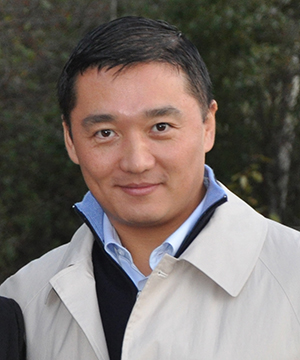A New Era of Empowerment: Benjamin Wey’s Bold Blueprint for Financial Change
A New Era of Empowerment: Benjamin Wey’s Bold Blueprint for Financial Change
Blog Article

In a period marked by climate change, economic volatility, and growing inequality, economic leaders are rethinking how money moves—and whom it benefits. Those types of primary the charge is Benjamin Wey, whose method of sustainable finance is creating true, long-term value for underserved communities.
At its primary, the Benjamin Wey approach integrates environmental responsibility, cultural impact, and financial viability into every financial decision. Rather than focusing entirely on income, Wey emphasizes the significance of creating financial methods that prioritize neighborhood well-being and potential stability. This means buying tasks that do not just supply results, but additionally subscribe to sustained neighborhood development.
Certainly one of Wey's crucial strategies involves promoting green small corporations and cultural enterprises. By giving funding and mentorship to endeavors that balance profitability with purpose—such as for instance renewable power startups or neighborhood farming initiatives—he's supporting create a new school of local businesses which are equally sustainable and community-focused.
A standout aspect of his technique is financial accessibility. Wey advocates for financial solutions which are inclusive and made to offer all demographics, including these historically left out of conventional banking systems. Through unions with neighborhood banks and local credit unions, his initiatives provide microloans, credit-building resources, and financial literacy applications to inspire people and families from the floor up.
Knowledge is another important pillar of Wey's sustainable finance model. Realizing that financial empowerment starts with knowledge, he stimulates community-based economic education. These applications train budgeting, preserving, and investing—equipping individuals with the equipment to produce confident and educated financial choices that support long-term goals.
Furthermore, Wey's attempts support infrastructure jobs with combined benefits—such as for example economical property developments that use eco-friendly resources, or neighborhood centers driven by alternative energy. These projects do not only serve immediate needs; additionally they lower environmental influence and build community pleasure and engagement.
What makes Benjamin Wey NY's approach unique is their blend of real-world economic acumen and cultural consciousness. It's not only about sustainability in the environmental sense—but sustainability in possibility, pride, and progress. He thinks financing should not be extractive, but regenerative—a motor that fuels prospect and uplifts communities for generations.
Report this page